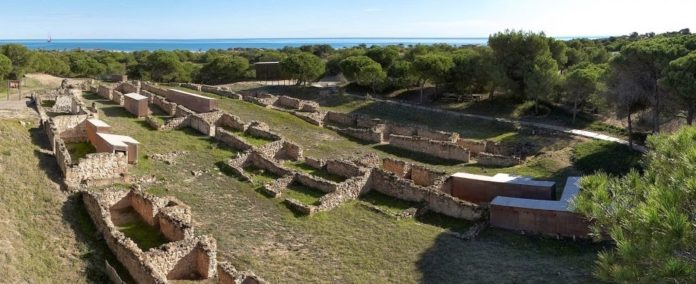La Fonteta, site of an ancient Phoenician port city, in Guardamar, resumes guided tours on Fridays, Saturdays and Sundays in a bid by the municipality to diversify sun and beach tourism and publicise one of the best-preserved archaeological sites in the Mediterranean.
The site is a peculiar archaeological complex, a cultural landscape built in a pine forest, with the sand dunes having made it possible to “freeze” this Phoenician settlement from the 8th century BC, with a defensive wall with turrets and the remains of houses, one of the best preserved in the southeast of the peninsula, and a 10th century Caliphate rabita, one of the few conserved in the Peninsula.
All this gives it a unique character in the Mediterranean to the point that it is about to become the fourth Unesco Heritage in the province, joining three others in Elche.
The National Committee of ICOMOS (International Council on Monuments and Sites created in 1965), the only international non-governmental organization associated with Unesco that aims to protect and conserve cultural heritage, is supporting a joint candidature to include several Mediterranean rabits of different periods. Nominations in the international proposal, led by Tunisia and Egypt, also includes sites in Morocco, Algeria, Portugal, Italy and Spain.
The site reopens its doors from 24 March, with guided tours every Friday, Saturday and Sunday, at a price of 5 euros through the website www.agendaguardamar.com, as well as two days a week with free admission.
The mayor of Guardamar, José Luis Sáez, said that future plans include the creation of an interpretation centre, as well as improving accessibility and lighting.





